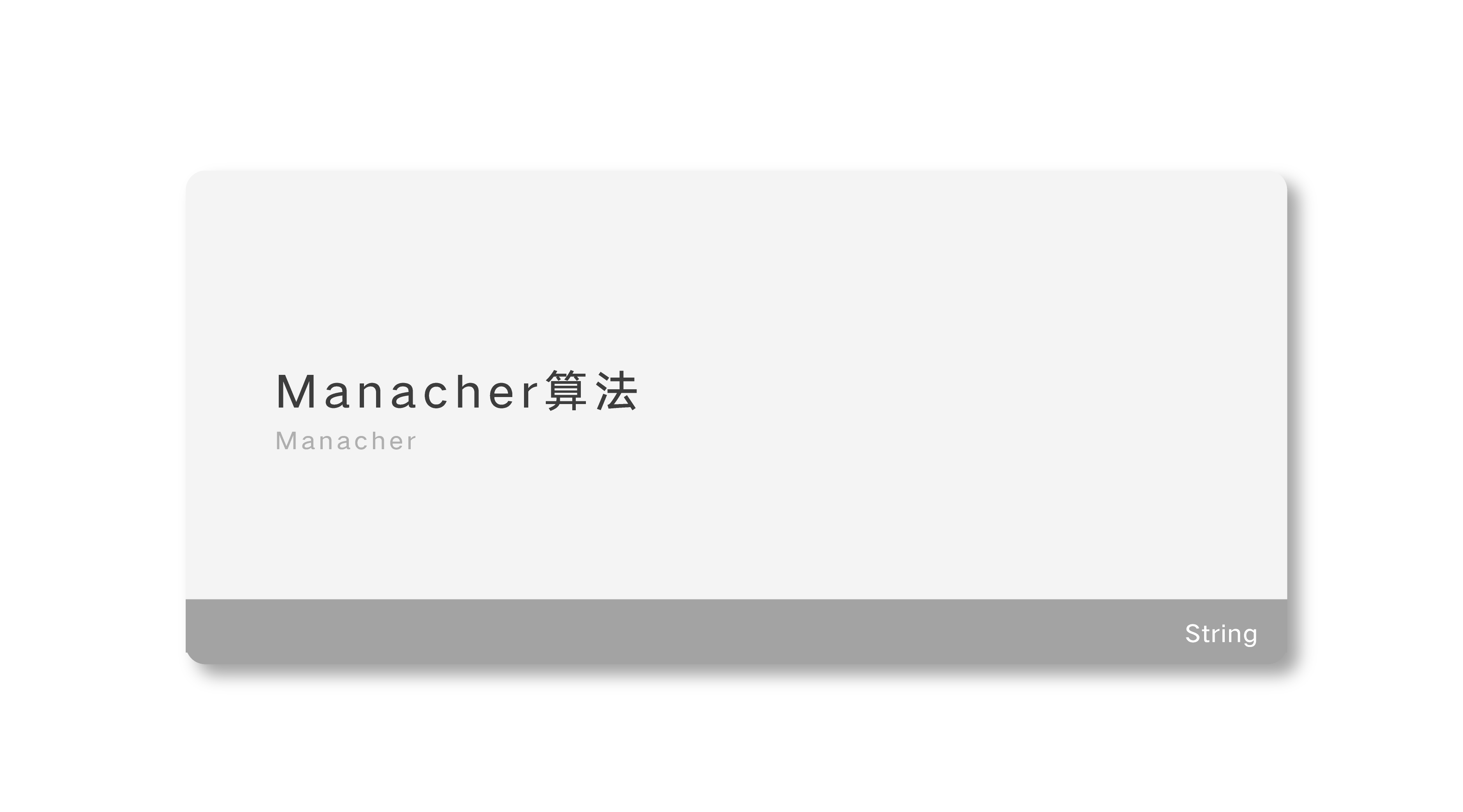凸包
BB
计算几何菜鸡选手登场 QAQ
Introduction
凸包,通俗的讲,假设墙上有很多钉子,现在拿一根橡皮筋把钉子都围住,这个橡皮筋形成的图形即为凸包
- OI-WIKI 凸包
https://oi-wiki.org/geometry/convex-hull/
【模板】二维凸包 / [USACO5.1]圈奶牛Fencing the Cows - Luogu P2742
Description
农夫约翰想要建造一个围栏用来围住他的奶牛,可是他资金匮乏。他建造的围栏必须包括他的奶牛喜欢吃草的所有地点。对于给出的这些地点的坐标,计算最短的能够围住这些点的围栏的长度。
Sample Input
4
4 8
4 12
5 9.3
7 8
Sample Output
12.00
Solution
#include <bits/stdc++.h>
using namespace std;
typedef long long ll;
typedef pair<int, int> pii;
typedef pair<ll, int> pli;
typedef pair<string, int> psi;
const int N = (int)1e4 + 15;
const double eps = 1e-6;
inline double sqr(double x) {
return x * x;
}
inline double dcmp(double x) {
return fabs(x) < eps ? 0 : (x > 0 ? 1 : -1);
}
struct Point {
double x, y;
bool operator < (const Point& b) const {
return x != b.x ? x < b.x : y < b.y;
}
Point operator + (const Point& b) const {
return Point{x + b.x, y + b.y};
}
Point operator - (const Point& b) const {
return Point{x - b.x, y - b.y};
}
};
typedef Point Vector;
bool used[N];
Point pt[N], resPt[N];
int stk[N], pstk;
double cross(const Point& a, const Point& b) {
return a.x * b.y - a.y * b.x;
}
inline double getDis(const Point& a, const Point& b) {
return sqrt(sqr(a.x - b.x) + sqr(a.y - b.y));
}
void Andrew(int n, Point* resPt, int& m) {
memset(used, false, sizeof(used));
sort(pt + 1, pt + 1 + n);
pstk = 0;
stk[++pstk] = 1;
for(int i = 2; i <= n; i++) {
while(pstk > 1 && dcmp(cross(pt[stk[pstk]] - pt[stk[pstk - 1]], pt[i] - pt[stk[pstk]])) <= 0) {
used[stk[pstk--]] = false;
}
used[i] = true;
stk[++pstk] = i;
}
int tmp = pstk;
for(int i = n - 1; i >= 1; i--) {
if(used[i]) {
continue;
}
while(pstk > tmp && dcmp(cross(pt[stk[pstk]] - pt[stk[pstk - 1]], pt[i] - pt[stk[pstk]])) <= 0) {
used[stk[pstk--]] = false;
}
used[i] = true;
stk[++pstk] = i;
}
m = pstk;
for(int i = 1; i <= m; i++) {
resPt[i] = pt[stk[i]];
}
}
int main() {
int n;
while(~scanf("%d", &n)) {
for(int i = 1; i <= n; i++) {
scanf("%lf%lf", &pt[i].x, &pt[i].y);
}
double ans = 0;
if(n >= 2) {
int m = 0;
Andrew(n, resPt, m);
for(int i = 2; i <= m; i++) {
ans += getDis(resPt[i], resPt[i - 1]);
}
}
printf("%.2f\n", ans);
}
}
[SHOI2012]信用卡凸包 - Luogu P3829
Description
信用卡是一个矩形,唯四个角作了圆滑处理,使它们都是与矩形的两边相切的 1/4 圆,如下图所示。现在平面上有一些规格相同的信用卡,试求其凸包的周长。注意凸包未必是多边形,因为它可能包含若干段圆弧。
Sample Input
2
6.0 2.0 0.0
0.0 0.0 0.0
2.0 -2.0 1.5707963268
3
6.0 6.0 1.0
4.0 4.0 0.0
0.0 8.0 0.0
0.0 0.0 0.0
3
6.0 6.0 1.0
4.0 4.0 0.1745329252
0.0 8.0 0.3490658504
0.0 0.0 0.5235987756
Sample Output
21.66
41.60
41.63
Solution
看了一下题解原来是圆心的凸包 + 一个圆的周长 QAQ
(用逼近的方法水了40分,告辞 QAQ
#include <bits/stdc++.h>
using namespace std;
typedef long long ll;
typedef pair<int, int> pii;
typedef pair<ll, int> pli;
typedef pair<string, int> psi;
const int N = (int)1e5 + 15;
const ll inf = (ll)9e18;
const int MOD = 998244353;
const double eps = 1e-6;
const double PI = acos(-1);
inline double sqr(double x) {
return x * x;
}
inline double dcmp(double x) {
return fabs(x) < eps ? 0 : (x > 0 ? 1 : -1);
}
struct Point {
double x, y;
bool operator < (const Point& b) const {
return dcmp(x - b.x) != 0 ? dcmp(x - b.x) < 0 : dcmp(y - b.y) < 0;
}
Point operator + (const Point& b) const {
return Point{x + b.x, y + b.y};
}
Point operator - (const Point& b) const {
return Point{x - b.x, y - b.y};
}
};
typedef Point Vector;
bool used[N];
Point pt[N], resPt[N];
Point initPt[N];
int stk[N], pstk;
double cross(const Point& a, const Point& b) {
return a.x * b.y - a.y * b.x;
}
inline double getDis(const Point& a, const Point& b) {
return sqrt(sqr(a.x - b.x) + sqr(a.y - b.y));
}
inline Vector rotate(const Vector& v, double a) {
return Vector{v.x*cos(a) - v.y*sin(a), v.x*sin(a) + v.y*cos(a)};
}
void Andrew(int n, Point* resPt, int& m) {
memset(used, false, sizeof(used));
sort(pt + 1, pt + 1 + n);
pstk = 0;
stk[++pstk] = 1;
for(int i = 2; i <= n; i++) {
while(pstk > 1 && dcmp(cross(pt[stk[pstk]] - pt[stk[pstk - 1]], pt[i] - pt[stk[pstk]])) <= 0) {
used[stk[pstk--]] = false;
}
used[i] = true;
stk[++pstk] = i;
}
int tmp = pstk;
for(int i = n - 1; i >= 1; i--) {
if(used[i]) {
continue;
}
while(pstk > tmp && dcmp(cross(pt[stk[pstk]] - pt[stk[pstk - 1]], pt[i] - pt[stk[pstk]])) <= 0) {
used[stk[pstk--]] = false;
}
used[i] = true;
stk[++pstk] = i;
}
m = pstk;
for(int i = 1; i <= m; i++) {
resPt[i] = pt[stk[i]];
}
}
void getInitPt(double a, double b, double r, int& k) {
const double dxTag[4] = {1, -1, -1, 1};
const double dyTag[4] = {1, 1, -1, -1};
for(int dy = 0; dy < 2; dy++) {
for(int dx = 0; dx < 2; dx++) {
int q = (dy << 1) | dx;
initPt[++k] = Point{dxTag[q] * (b / 2 - r), dyTag[q] * (a / 2 - r)};
}
}
}
int main() {
int n;
while(~scanf("%d", &n)) {
double a, b, r;
scanf("%lf%lf%lf", &a, &b, &r);
int k = 0;
getInitPt(a, b, r, k);
int m = 0;
for(int i = 1; i <= n; i++) {
double x, y, theta;
scanf("%lf%lf%lf", &x, &y, &theta);
for(int j = 1; j <= k; j++) {
resPt[j] = rotate(initPt[j], theta) + Vector{x, y};
pt[++m] = resPt[j];
}
}
Andrew(m, resPt, k);
double ans = 2 * PI * r;
for(int i = 2; i <= k; i++) {
ans += getDis(resPt[i - 1], resPt[i]);
}
printf("%.2f\n", ans);
}
}


